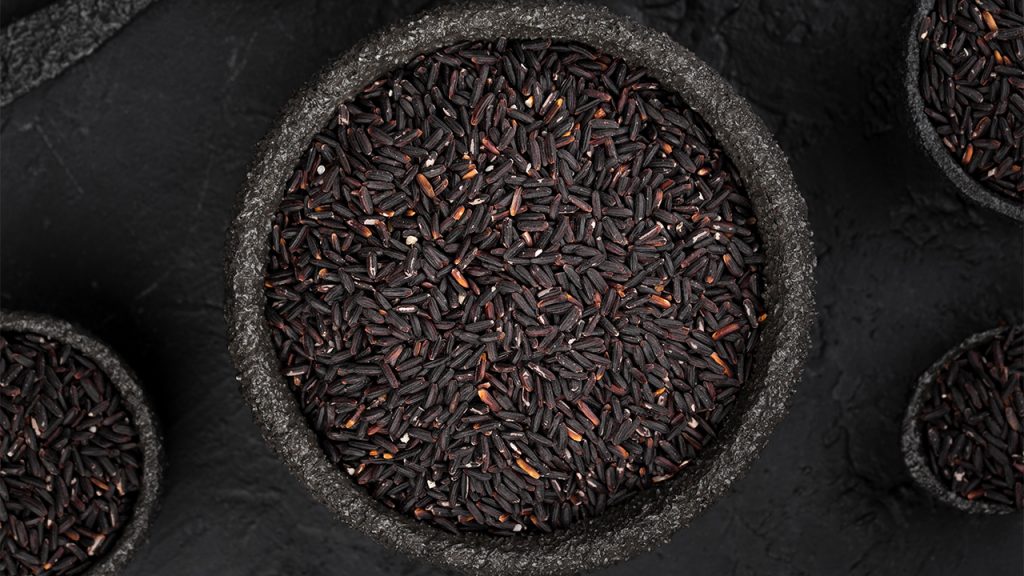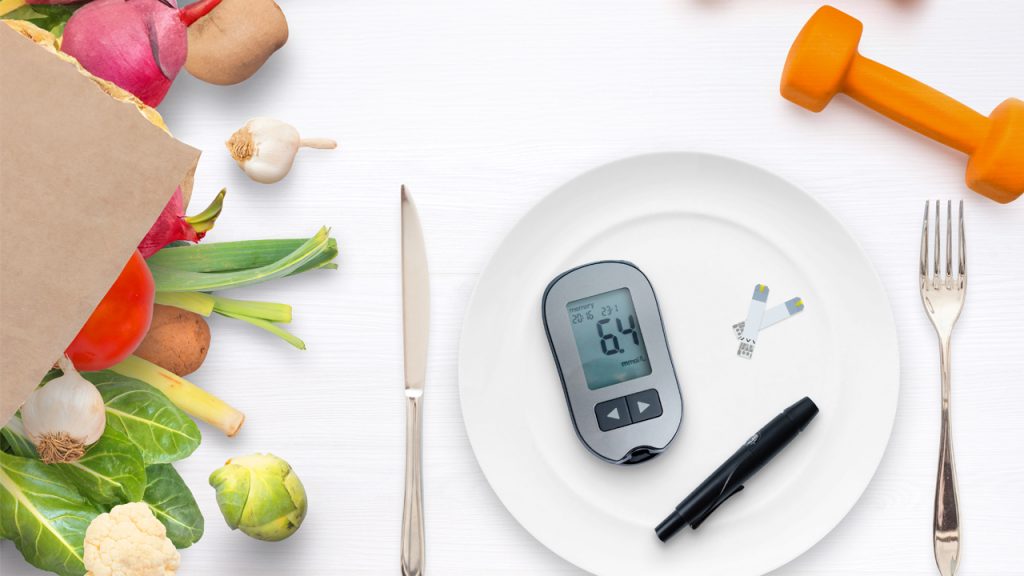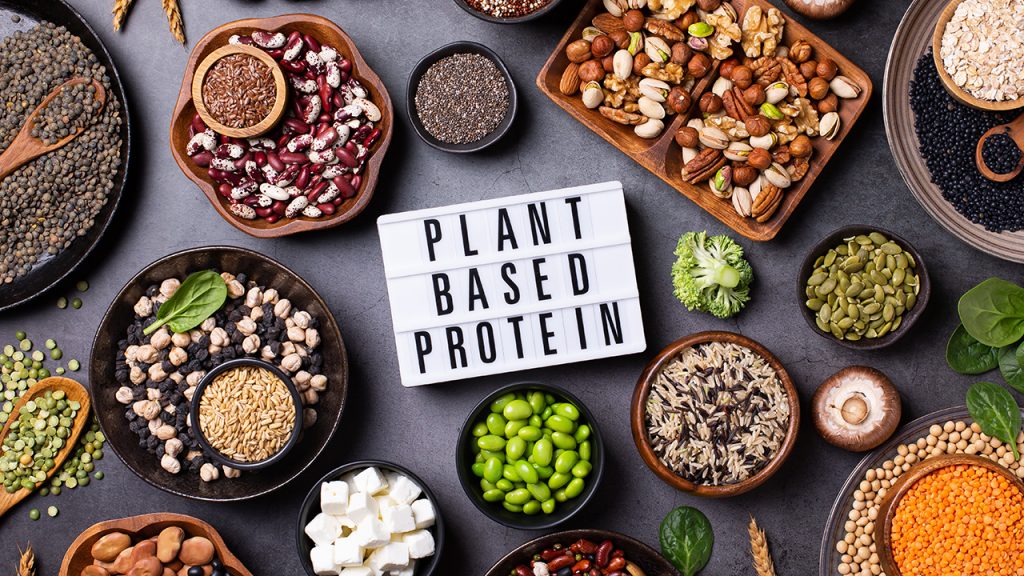 ‘Rice’ is a staple in many Asian cultures. As people become more health-conscious and super foods gain popularity, the conversations around different rice varieties has also grown, especially among health enthusiast
‘Rice’ is a staple in many Asian cultures. As people become more health-conscious and super foods gain popularity, the conversations around different rice varieties has also grown, especially among health enthusiast
White rice has taken a backseat as more people are turning to alternatives like red, brown, quinoa, and black rice. Yes, you read that right—black rice!
Black Rice, also known as ‘Forbidden Rice,’ is a highly nutritious variety that has been cultivated in India for centuries. It’s mainly grown in the North East (known as Chak Hao) and the southern regions (called Kavuni in Tamil) of India.
Simply put, when choosing rice, the darker the color, the more nutrients it contains. By that measure, Black Rice is the gold standard among rice varieties.
Let’s explore some of the surprising health benefits of this remarkable rice.
- Rich in Antioxidants: Black rice is a grain which is super rich and loaded with Antioxidants. The Anthocyanin content found in black rice is way more than most grains and this is what makes this grain stand out in comparison to other superfoods like quinoa, red rice, etc. Studies have shown that the Anthocyanin antioxidants in grains help the body to protect against heart diseases, cancer and many more.
- Rich in Fibre: Black rice is loaded with fibre and minerals. A typical bowl of 100gms of black rice serving has over 4.9 grams of fibre. This is double the amount of fibre available in brown rice. So, if you are looking to include some rich fibre in your diet then it is better to start consuming Black Rice than any other varieties of rice.
- Has anti-inflammatory properties: Black rice is a natural healing food. Research has shown Black rice to reduce inflammatory compounds in your body and increase the anti-inflammatory compounds. This increase in the anti-inflammatory compounds help in reducing inflammation in various diseases like cancer, arthritis and allergies.
- A natural detoxifying agent for your body: Black rice is a rich and natural detoxifying agent. Studies have shown that the phytonutrients in black rice help detoxify your body and remove harmful toxins from your liver. So, next time you throw a party, have a detox week by consuming Black rice.
- A gluten-free grain: Black rice, like other varieties of rice, is naturally gluten-free. So, if you are allergic to gluten and have the Celiac disease (Gluten insensitivity), then you should consider having black rice in your daily diet plan.
- Helps fight diabetes: Black Rice bran contains fibre, which in turn helps glucose to be absorbed by your body over a longer period of time. Research has proven that eating whole grains like Black Rice helps your body lower the risk of type 2 diabetes and also keeps your weight in check in addition to boosting your energy levels. So, if you are diabetic then you should consider substituting Black Rice to white rice in your daily diet as it way better and helps fight diabetes.
- Aids in weight loss: Black Rice is a whole grain and super rich in fibers. This combination helps your body reduce signals of hunger thus helping in preventing overeating. In addition, researchers have found out that whole grains like Black Rice help prevent insulin resistance in your body which leads to and is related to the risk of becoming overweight/obese. If you are someone who is looking to reduce your weight, consider including Black Rice in your weight loss regime.
- Promotes heart health: A healing food like Black Rice has been shown to reduce the atherosclerotic plaque formation in the arteries which is the main reason for a heart attack and stroke. In addition to this Black Rice also helps to reduce the 2 common factors in heart disease, namely LDL, triacylglycerol and total cholesterol. Consider including Black Rice to promote a healthy heart and keep heart-related ailments at bay.
Hope you like this article, do let me know your views and any other health benefits I may have missed in the comments section below. For more insights on nutrition and wellness, speak to a certified expert by subscribing to GOQii’s Personalised Health Coaching here.
#BeTheForce
 Does old age mark the end of physical fitness? If you retire from work, with reduced responsibilities, does it mean you can retire from exercise as well? At any given age, physical fitness and exercise play a crucial role in leading a healthy lifestyle, especially for senior citizens. Whether you’re young or old, working out and keeping yourself active shouldn’t stop as exercise is important even when you’re a senior citizen.
Does old age mark the end of physical fitness? If you retire from work, with reduced responsibilities, does it mean you can retire from exercise as well? At any given age, physical fitness and exercise play a crucial role in leading a healthy lifestyle, especially for senior citizens. Whether you’re young or old, working out and keeping yourself active shouldn’t stop as exercise is important even when you’re a senior citizen.




